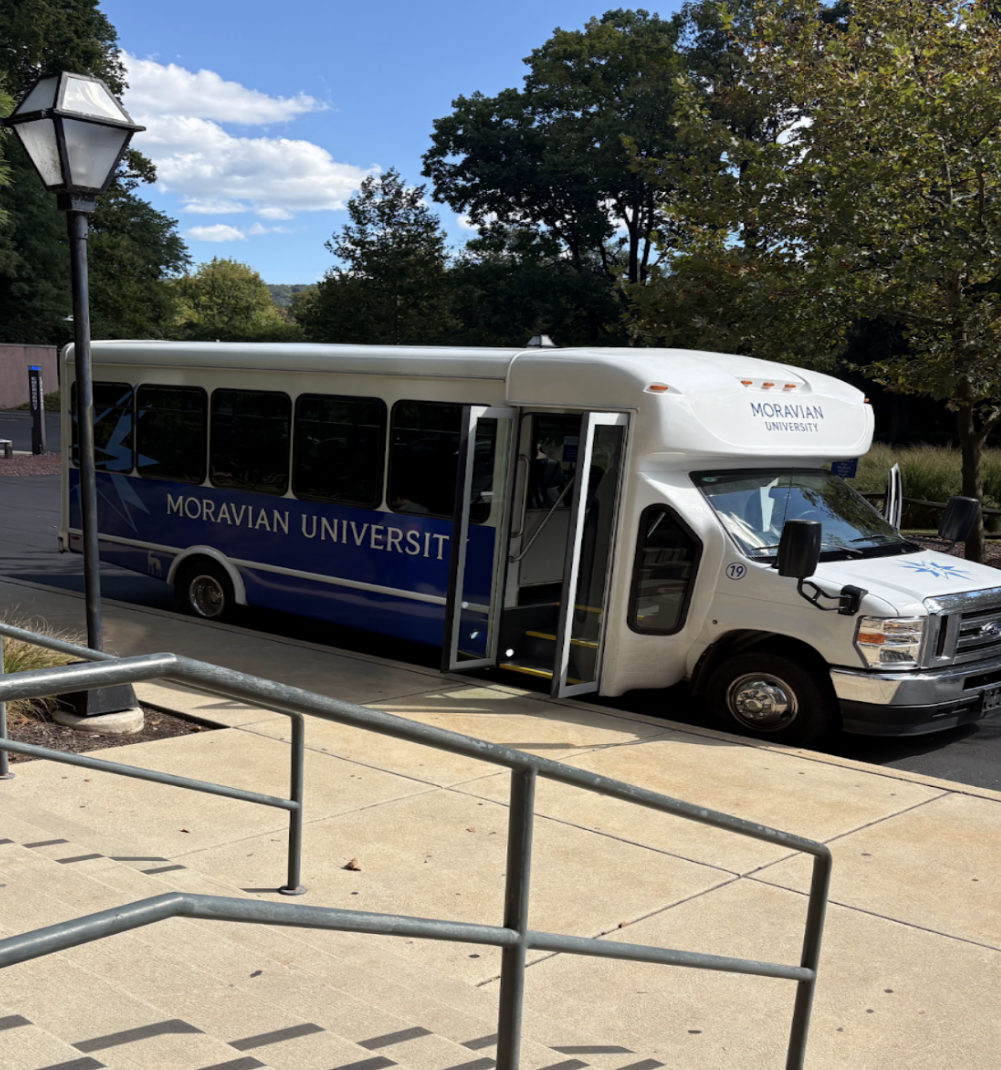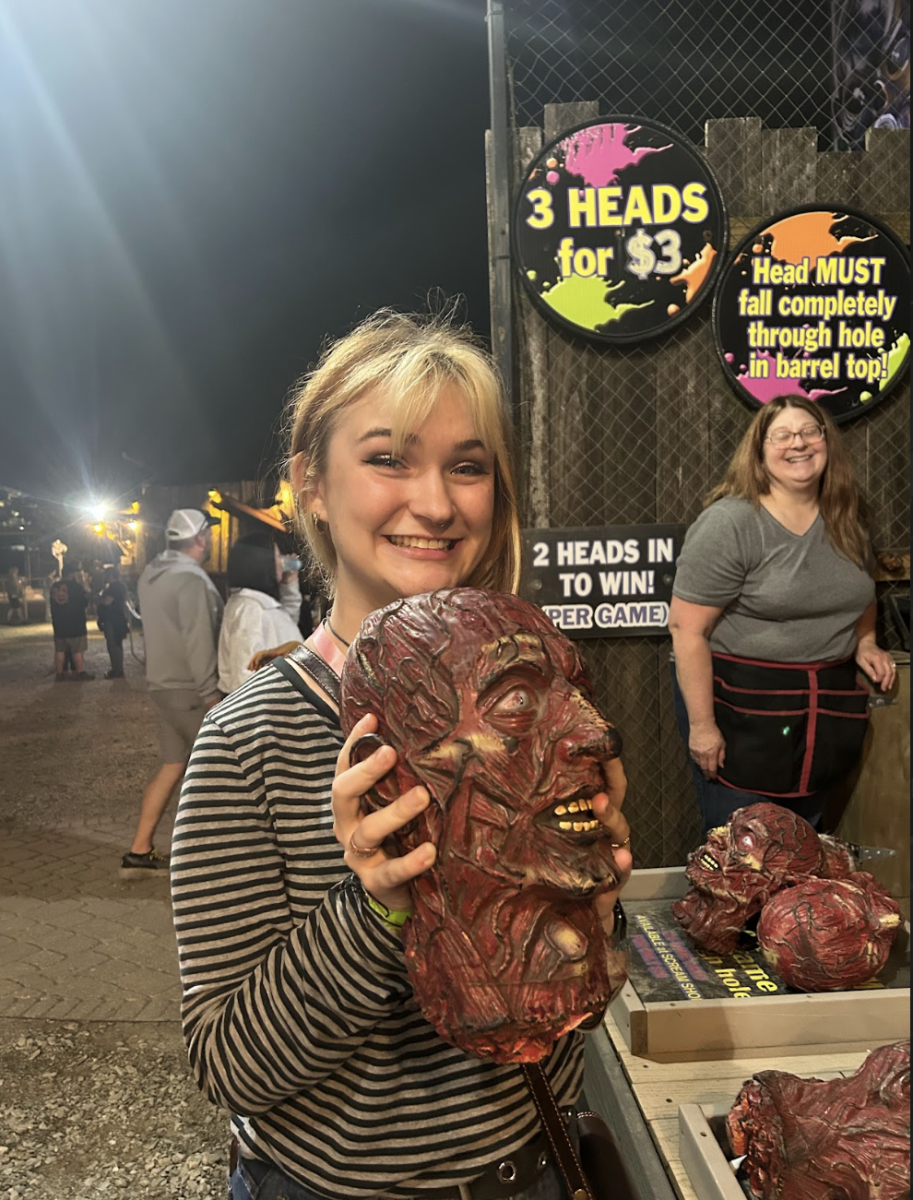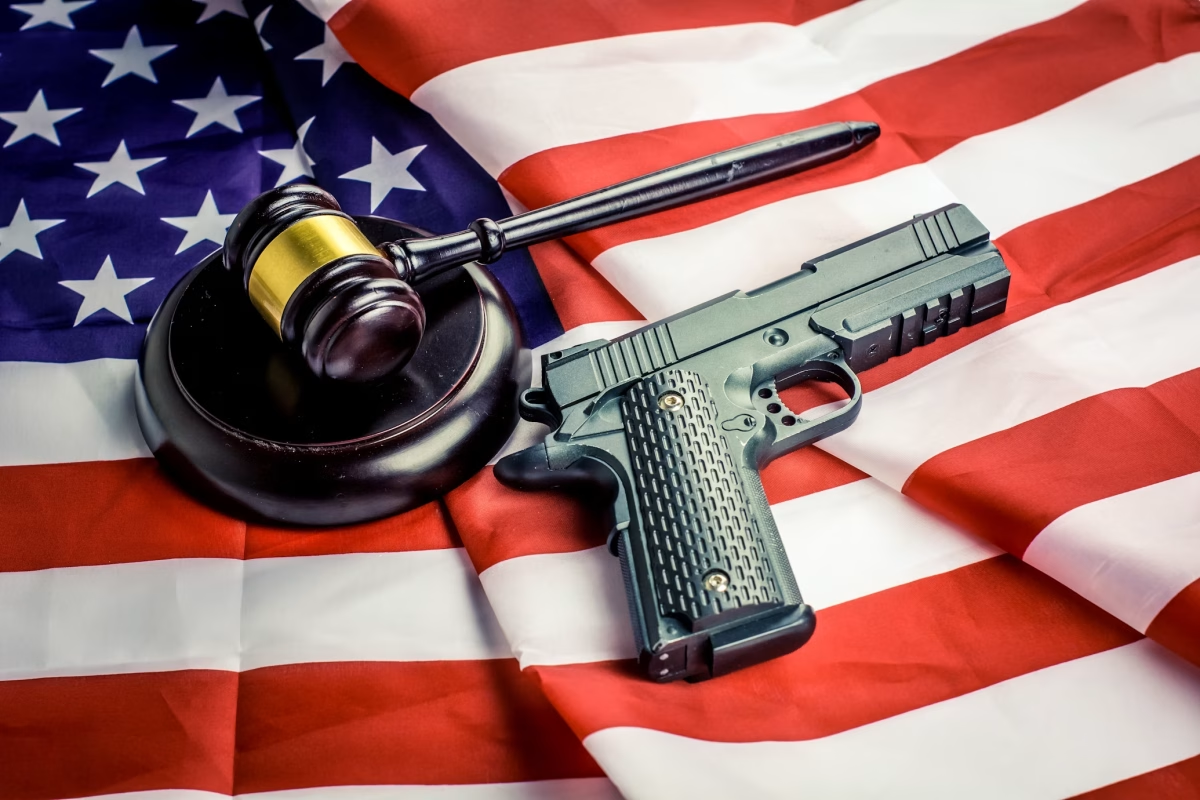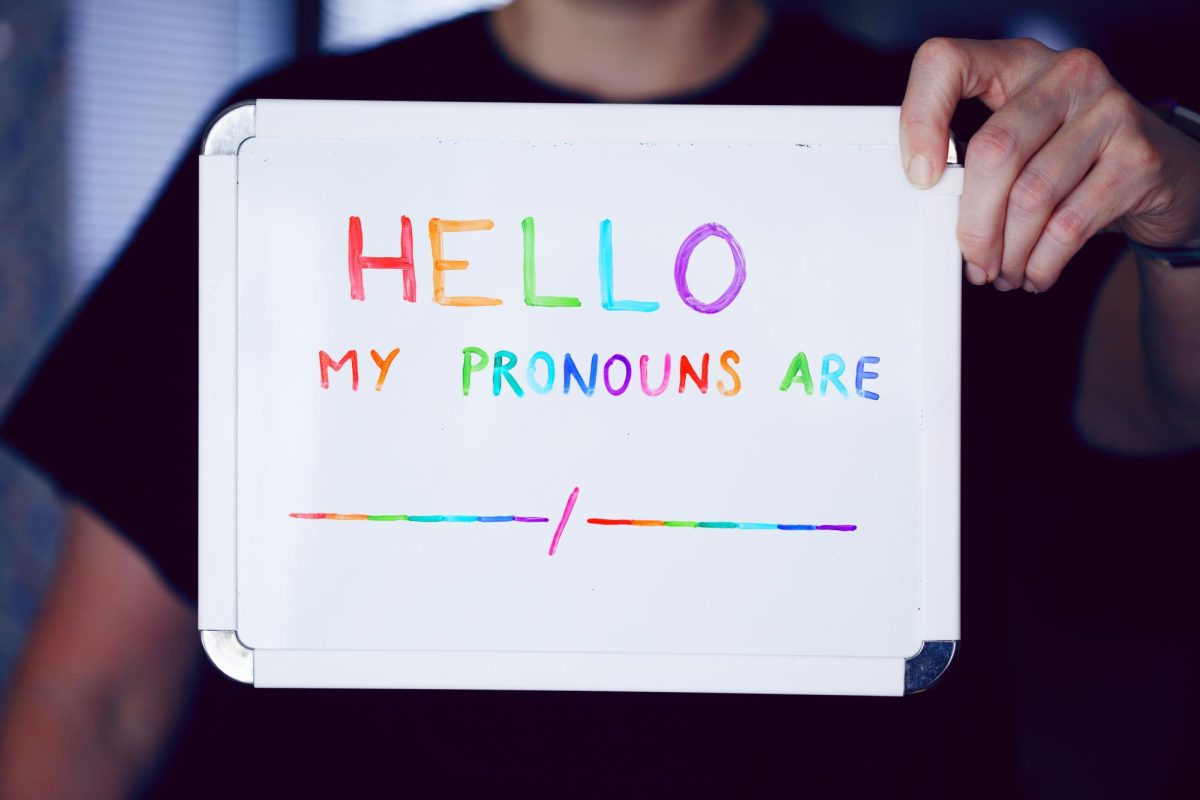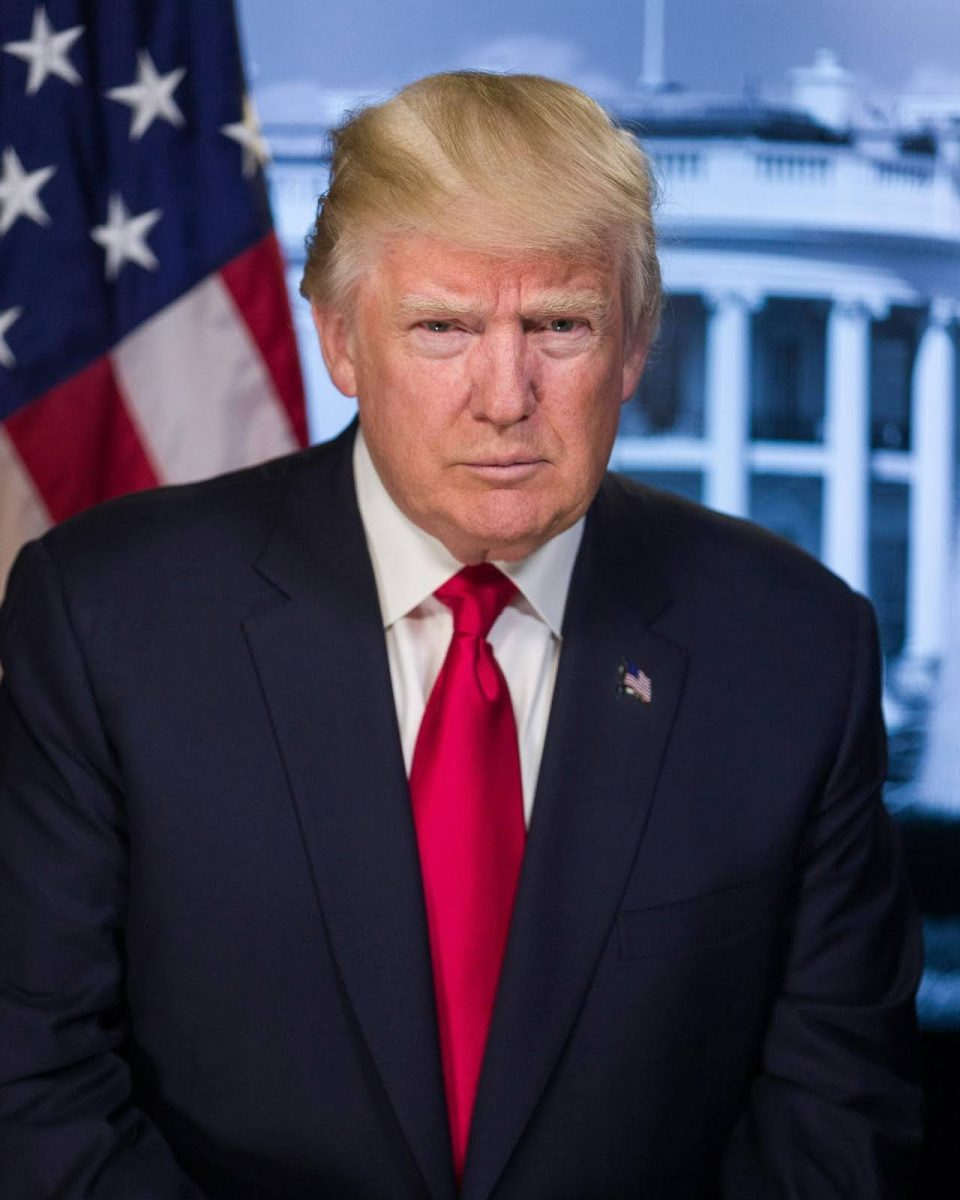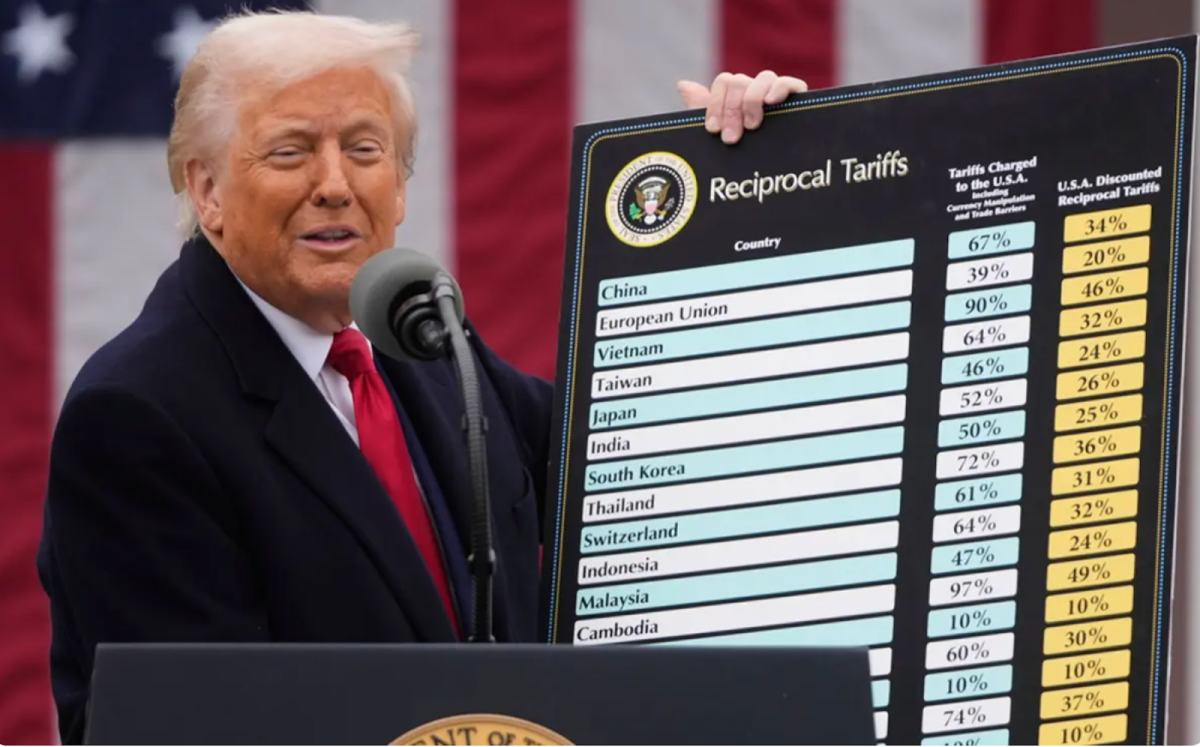I interviewed a variety of Libertarian presidential candidates for the upcoming 2024 election: Chase Oliver from Georgia, Jacob Hornberger from Virginia, Joshua Smith from Iowa, and Mike Ter Maat from Florida.
Oliver got third place in the 2022 Georgia Senate race, forcing a runoff election, where the top two finishers advanced to a final round of voting. Hornberger started the Future of Freedom Foundation and has run for president twice before. Smith is a podcaster and former Vice Chair of the national Libertarian Party. Ter Maat is an economist who taught at multiple universities and worked with the White House Office of Management and Budget; he also served as a police officer in Broward County, Florida, from 2010-2021.
Q: What sets you apart from the other candidates?
Oliver: What sets me apart from other Libertarian candidates (in the field so far) is I am committed to engaging Gen Z throughout this campaign. I know that this generation is soon to be the largest voting bloc in the country and that in this election, we must seek to engage and activate a new generation of Libertarian voters and activists. I look forward to traveling across the country and meeting with students like yourselves, and hopefully, Gen Z can help us set the world free in our lifetime.
Hornberger: Anyone who visits my campaign website will immediately see that my campaign is different from every other L.P. presidential campaign in at least the past 30 years. It adheres strictly to principle and addresses every important issue facing our country. Examples: open the borders, repeal (don’t reform) Social Security, Medicare, and all other socialist programs; legalize all drugs (not just marijuana); dismantle the national-security state and restore a limited government republic; plus much more.
Smith: I’m a blue-collar American who has lived the plight of millions of Americans. I’m running this campaign for all of us, not just for me. This is a movement as much as it is a presidential campaign. I’m willing to sacrifice all I have to see a freer and more sane America for my peers, my friends, and my family.
Ter Maat: I am qualified for the position. The reason this matters so much is that a significant portion of the American electorate views the presidential campaign as a race among individuals, as opposed to merely among philosophies. If voters cannot imagine you possibly running the White House, as a threshold issue, they will pay you no attention, irrespective of how great your principles may be.
What qualifies me is my decades-long professional dedication to public service and public policy. In my first career, I served as an economist in government agencies, including two years for the White House, then as a free-market advocate in the financial services industry and teaching economics at three different universities. I also launched and ran a company in the business of educating bankers. These experiences are the foundation of the development of my three-part plan to end the Fed. [Editor’s Note: the Federal Reserve, or Fed, is the quasi-governmental central bank responsible for influencing American monetary policy by regulating private banks and setting interest rates.]
Q: What would you do about the student loan crisis as president?
Oliver: If elected president, I would work to get the government out of the student loan business, which provides incentives for tuitions to keep rising. I would pair this with legislation that would make all government-backed student loans interest-free so people can pay down their loans, getting them out of the debt cycle. I also think in cases where someone files for bankruptcy, that student loans ought to be discharged.
Hornberger: People signed loan contracts. It is not the business of government to abrogate contracts or subsidize those who enter into them. It is also not the business of government to make or guarantee such loans. Government should stay entirely out of the realm of education.
Smith: I think that removing subsidies and abolishing the federal Department of Education takes care of this in the future. The federal government is the reason these predatory loans exist, and more people need to start pointing the finger at the cause instead of the symptoms.
I have a friend who works in an auto body shop. He once told me that if a friend wanted to come in and have their bumper fixed with cash, the charge would be around $600. If that same friend came with insurance, it would cost him $2,700. Colleges are no different. When the government guarantees you money, the schools are going to try and get every dollar they can. It has caused unnatural inflation in the cost of tuition.
Ter Maat: Nothing. By doing something, he could only make matters worse. Right now, there is no crisis. However, forgiveness would sow the seeds of crisis by creating pressure for future borrower bailouts, thereby incentivizing even greater borrowing by increasingly risky borrowers. By the way, the president lacks, of course, even the authority to forgive student loans, as a Constitutional matter. And even if he were willing to skirt the Constitution, disregard the aforementioned perversion of market incentives, and turn the other cheek toward inflationary side effects, there remains the matter of ethics. There is simply no justification for forcibly transferring resources from one group of Americans – namely non-college attendees and those who paid off their loans – to another group, those with presently outstanding loans.
Q: What does libertarianism mean to you?
Oliver: To me, libertarianism boils down to the simple idea that if you are living in peace without harming others, you should be allowed to do just that, free from interference from a governing authority. To that end, we support the ideas of free trade, free speech and expression, property rights, and the right to defend yourself from undue harm. We oppose government use of force, fraud, and coercion.
Hornberger: Libertarianism is the greatest political and economic philosophy in the history of mankind. Not only does it encompass all aspects of liberty — freedom of speech, freedom of religion, freedom of the press, freedom of travel, the right to keep and bear arms, civil liberties, due process of law, and all the rest — but its concept of economic liberty holds the key to ending poverty. In fact, economic liberty is one of the big things that distinguish Libertarians from Republicans and Democrats. The core principle of the libertarian philosophy is what is called the “non-aggression principle.” It holds that people should be free to live their lives any way they choose, so long as they do not initiate force or fraud against others.
Smith: Libertarianism is the default of all humans. Self-ownership, rights to your own property, and voluntary interactions with others.
Q: What is the most important issue facing Americans today?
Oliver: I feel the most important issue facing our nation today is our political hyper-partisanship and polarization. Nearly every issue we face is made worse by a political system that rewards conflict and strife. We must break out of a two-party stalemate and make room for more choices on ballots and more voices in the discourse. Otherwise, we are doomed to keep repeating the partisan cycle and never really getting around to solving issues.
Smith: In my opinion, and the opinions of many I have surveyed, it is the huge problems that have all created our issues. Fatherless/single-parent homes, the warfare state, and the federal reserve. [For example], 85% of incarcerated youths are from fatherless homes, 71% of high school dropouts come from fatherless homes, 90% of homeless and runaway youths are from fatherless homes, and 1 in 4 children live in a fatherless home. The number goes higher using only single-parent stats, but not much. This isn’t just a “1 in 4 dads are bad” problem. It’s an incentive problem perpetuated by revenue from the federal government that has hurt our children.
Title IV-D is helping to create entire swaths of violent young people by incentivizing state family courts to separate families and needs to be abolished and replaced with nothing.
The warfare state shouldn’t need much introduction at this point, but the constant never-ending wars are not good for Americans or any other country in the world. It has caused mass casualties around the world and cost American taxpayers trillions of dollars. Just say no more to wars.
The Fed continuously prints money out of thin air to continue funding these never-ending wars. In the process, it has inflated our dollar. Every day, our purchasing power gets worse because of this un-elected board that is above reproach.
Ter Maat: Notwithstanding what I said above about monetary policy reform and criminal justice reform, even more importantly, I believe Americans are ready for an uncompromisingly full-throated anti-war candidate. There are no recent examples of U.S. government military intervention in my lifetime to which many Americans would point and say that that was worth the millions or billions or even trillions of dollars and the loss of life. Whatever one might say about U.S. military prowess tactically, death and destruction, developing and moving assets, controlling people and territory, it cannot be said that our military accomplishments have contributed to America’s long-term strategic interests. I would require every military intervention to be supported by a formal declaration of war, with the obvious exception of emergency defense measures. Furthermore, I would require such declarations to be subjected to the approval of a majority of states.



